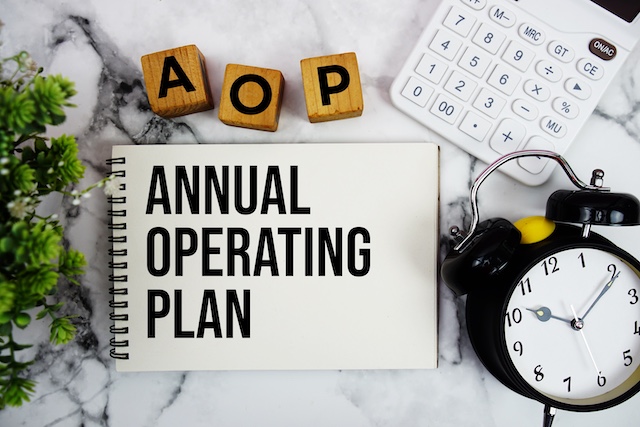What Are Disposable Earnings?
Disposable earnings refer to the income remaining after subtracting taxes and other mandatory deductions. Essentially, it is the money an individual has available for spending or saving after all necessary expenses have been covered. These expenses typically include taxes, social security contributions, and other deductions required by law or employer policies. Once these mandatory deductions are taken care of, what’s left is considered disposable earnings. This remaining income can be allocated towards various discretionary expenses such as leisure activities, luxury items, or savings. Disposable earnings allow individuals to choose their spending and saving habits based on personal preferences and financial goals.
How Do You Calculate Disposable Earnings?
Calculating disposable earnings involves several steps. First, you start with the gross income, which is the total amount earned before any deductions. Next, you subtract all mandatory deductions such as federal, state, and local taxes, social security contributions, and any other required deductions. These deductions are typically outlined on pay stubs or in employment contracts. After subtracting these mandatory deductions from the gross income, what remains is the disposable earnings.
Use the formula: Disposable earnings = Gross income – Total mandatory deductions.
For example, if your gross income is $2,000 and your total mandatory deductions are $500, your disposable earnings would be $1,500. This represents how much money you can spend or save after essential contributions are covered.
What Is Not Considered Disposable Income?
Disposable income refers specifically to the money you have left after mandatory deductions. So, anything that isn’t yours to freely spend or save wouldn’t be considered disposable income. Here are some fundamental exclusions:
- Taxes: Federal, state, and local taxes you owe are not disposable income since they’re mandatory payments to the government.
- Essential Expenses: Money used for necessities like rent, utilities, groceries, and transportation isn’t disposable income. These are fixed costs you need to cover for basic living.
- Debt Payments: Repayments for loans, credit cards, or other debts come from your disposable income but aren’t part of it. They reduce the amount you have available for free spending.




